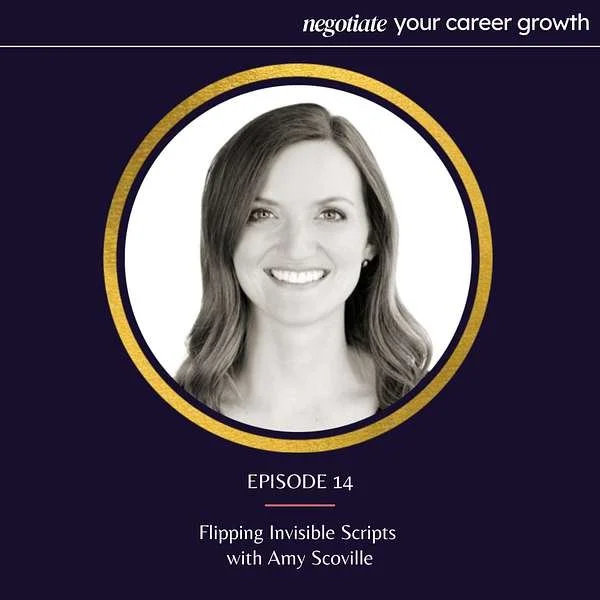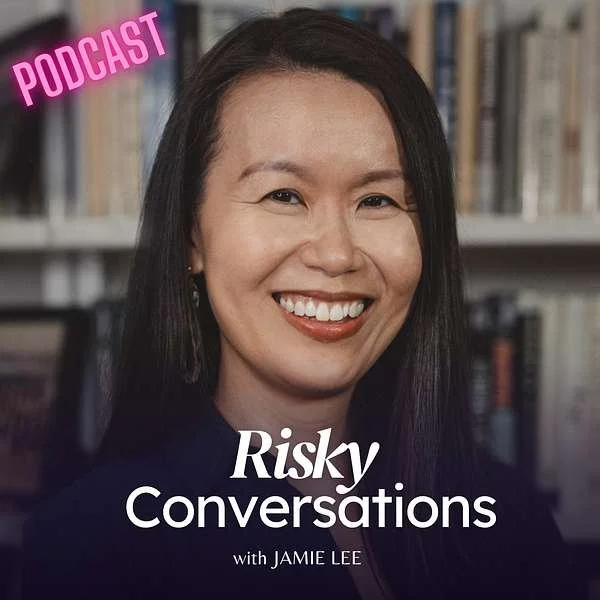Power Isn’t Out There — It’s In You
Where We’re Taught Power Lives
From the moment we enter the professional world, most women learn—implicitly—that power sits outside us: in titles, promotions, performance reviews, or the approval of gatekeepers. That conditioning shapes how we self-regulate, speak up, or hold back.
Sexism and systemic injustices can make power feel external to us. We start to believe we need others to feel good so we can feel safe. We overwork, overperform, and burn out because we think power is something not inherent to who we are.
But the truth is, personal power never actually left us.
Feminist coaching dismantles the illusion of learned powerlessness. It helps women notice how inherited beliefs and social conditioning sneak into their nervous system and daily choices—and gives them tools to bring that power back inside.
Reclaiming Inner Authority
One of my clients, the only woman engineer on her team, grew up in a religious culture where men were always in charge. Through coaching, she came to a realization that changed everything: she had authority simply because she existed. Her breathing itself was evidence of that.
Once she embodied this truth, she began to enter meetings differently—shoulders relaxed, voice steady, no longer asking for permission to speak or worrying whether she belonged.
Her promotion was fast-tracked in a matter of months, because she lived her truth that authority isn’t bestowed. It’s remembered.
The Neuroscience of Personal Power
Modern brain science supports this idea. According to neuroscientist Lisa Feldman Barrett, the mind isn’t a passive receiver of reality—it’s an active creator of meaning. Our brains constantly predict what will happen next, construct emotions from body sensations, and revise those predictions based on new input.
This means:
We have more agency over our internal state than we were taught.
We can train our brains to interpret stress signals as engagement, excitement, and energy.
We can reshape our emotional reality by updating how our bodies and minds make meaning, starting with how we think about ourselves in the context of social injustices.
When clients practice practical neuroscience techniques (like inhaling and exhaling twice as long) and apply awareness to how they interpret sensations, their nervous systems start to stabilize.
The prefrontal cortex re-engages, making it easier to think clearly, stay calm, and feel confident.
✨Confidence isn’t a personality trait—it’s a reality you create for yourself by redirecting your mind, downregulating your nervous system, and staying steadfastly on your side.
The Feminist Frame of Power
When we stop locating power “out there,” we begin to notice it in the smallest moments: the pause before replying, the decision to rest, the moment we choose dignity over defensiveness.
How to Remember Yours
Here are a few simple practices to re-anchor that sense of inner authority:
Breathe into your posture before you speak—it tells your body, I’m safe enough to be here. I’m safe to take up space. I’m safe enough to make a decision.
Ask yourself before jumping to conclusions: What’s fiction and what’s fact?
Try my client’s mantra out loud for yourself: I have authority because I exist.
Interrupt the old prediction loop—when your mind forecasts rejection, consciously imagine what curiosity would do instead.
Closing Reflection💡
💪 Power was never lost. It was only outsourced.
💡 When you return it to yourself—through awareness, nervous system regulation, and meaning-making—you stop chasing validation and start shaping reality.
✨ That’s feminist leadership in its most embodied form.
Wanna dive deeper?
If you’re ready to take your leadership to the next level, you’re invited to:
Book your free hour-long consultation with me - https://www.jamieleecoach.com/apply
🎧 Download and listen now to: Flipping Invisible Scripts with Amy Scoville
🎧 Download and listen now to: 4 Types of Power + How to Have More Power






